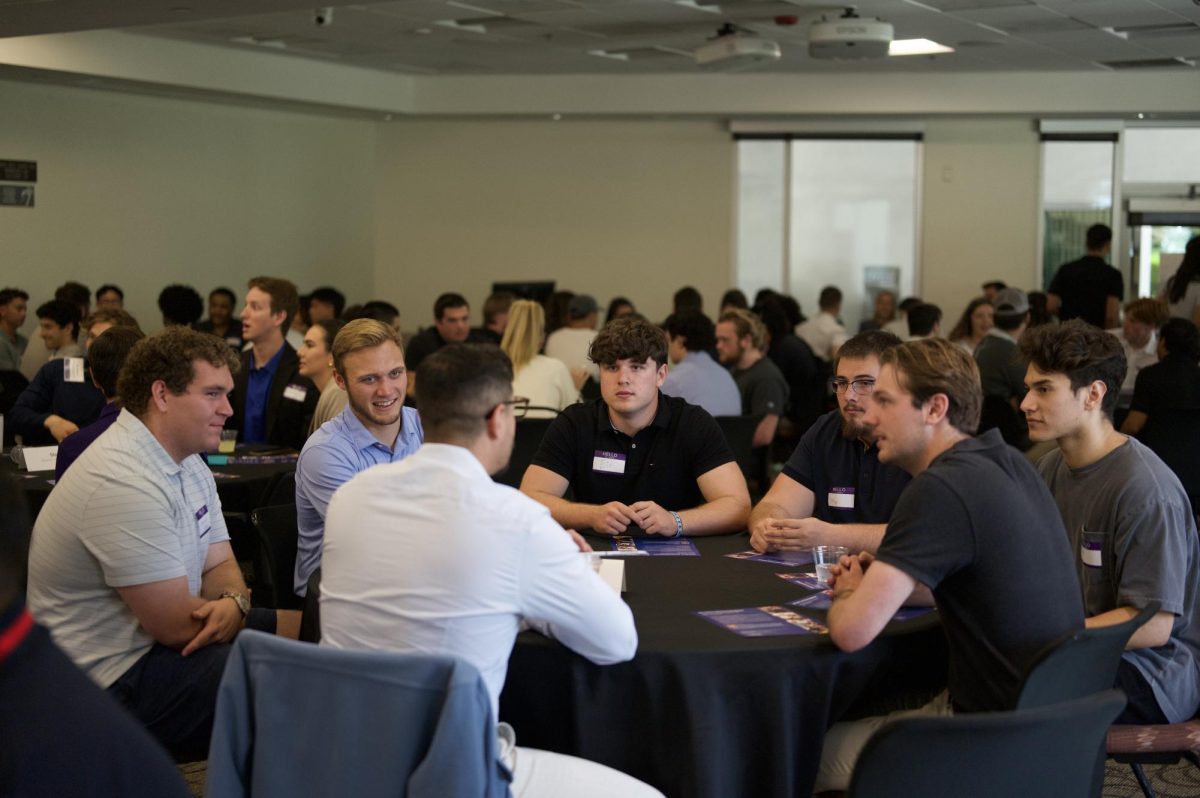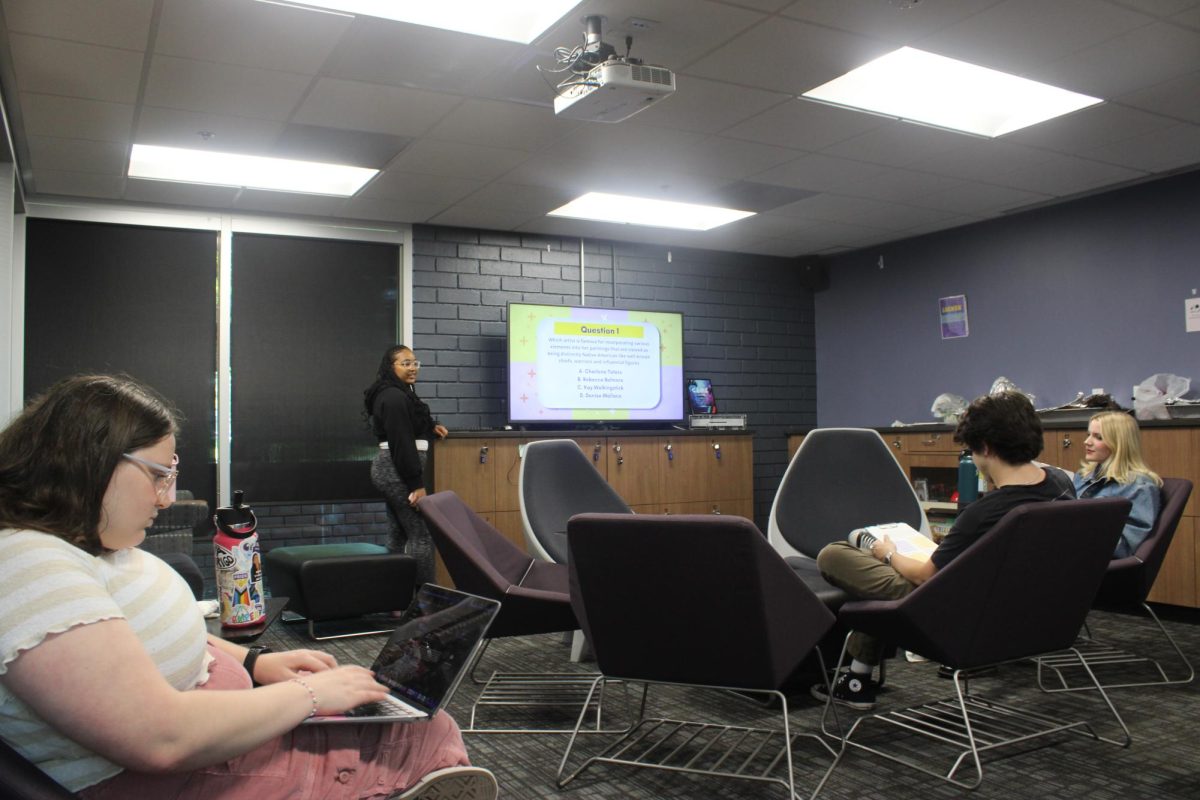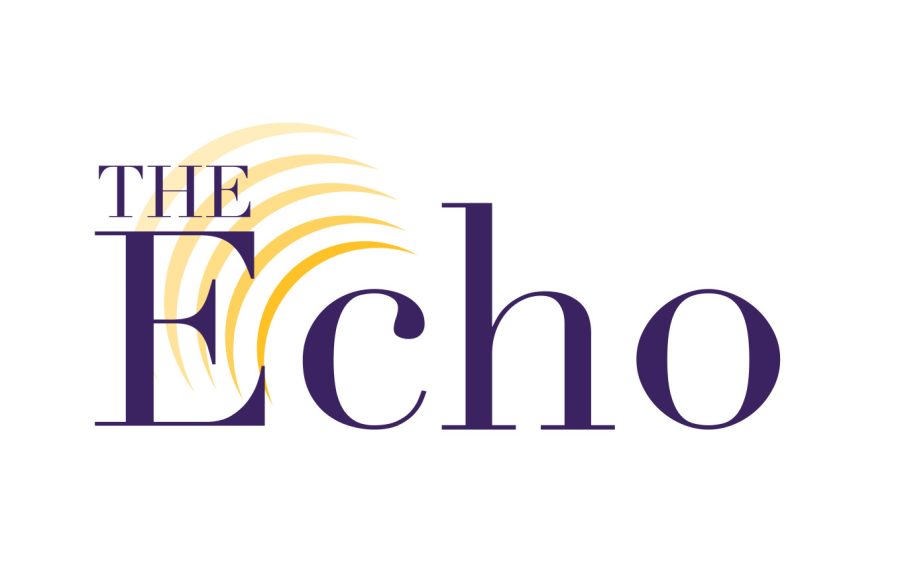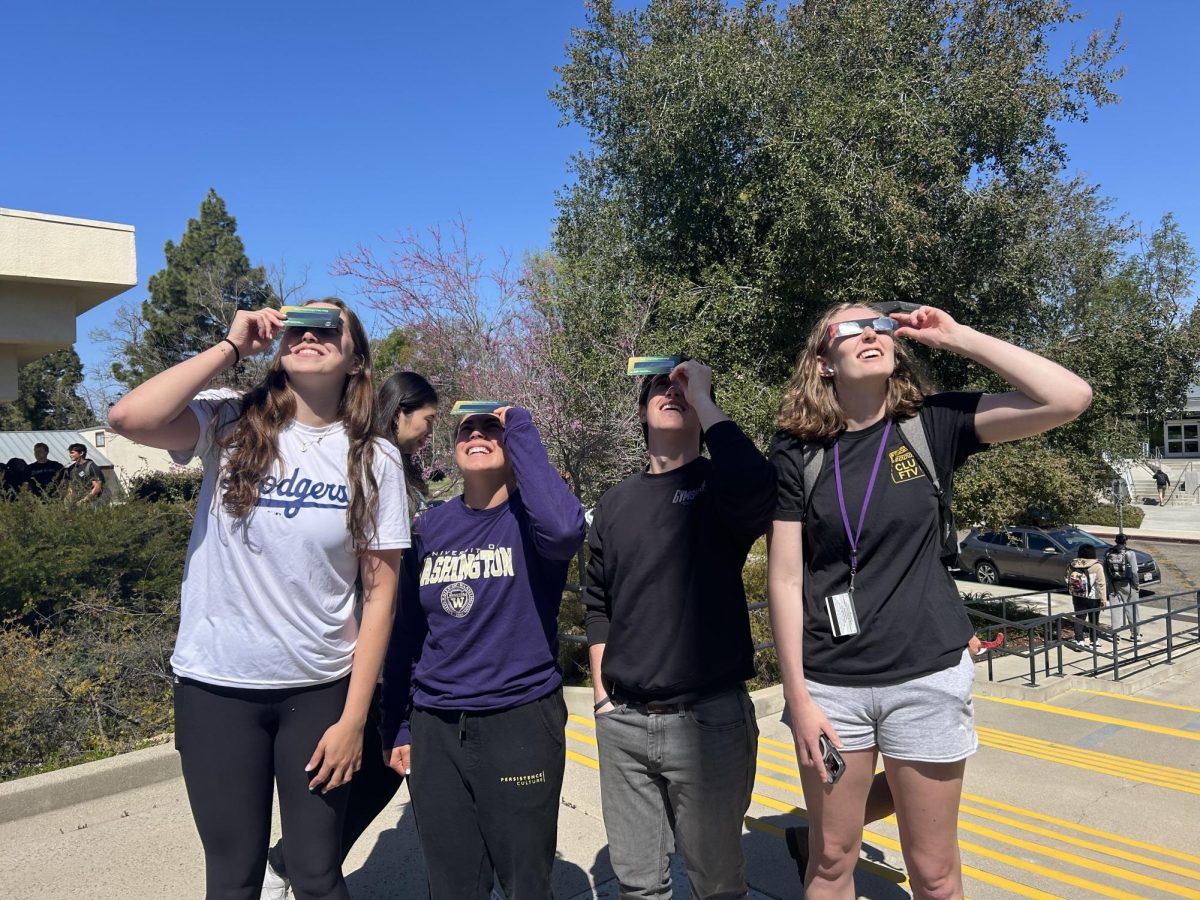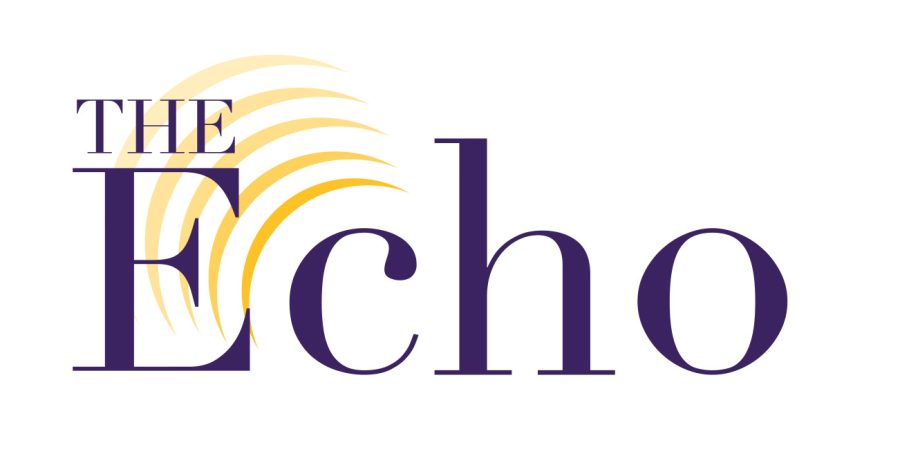With the midterm primary elections a little over eight months away, contenders are just starting to announce their candidacy and campaign for the June 5, 2018 race.
According to the County Recorder website, the 2018 election will feature an open seat in the United States Senate, four representative seats and the California Governor seat.
Dr. Herbert Gooch, a California Lutheran University political science professor, is the current faculty advisor for the school’s College Republicans club (CLCR) and has also been faculty advisor for the College Democrats club (CD) in the past.
“There’s an old expression that you have to ‘campaign in poetry but you have to govern in prose’ and we are entering into a poetry period of excessive promises,” Gooch said.
Gooch said that Nancy Pelosi is relying on democratic victories of congressional seat contests in California in order for Democrats to win back the house. The Democratic Party needs 24 seats in order to flip Congress in 2018.
The 22-year-old First Vice Chair of the Ventura County Democratic Party Ryan Valencia said in a phone interview that the Democratic Party needs to convince only those 23 districts, which are already against the Trump administration, to vote for a democratic congressperson.
Gooch said that the “most interesting race” will be the race for Republican Congressman Steve Knight’s District 25 seat in the House of Representatives.
“There’s been a targeting of Knight with a lot of money and a lot of protests, especially at his town hall meetings. So the Democrats think they might have a real shot there,” Gooch said.
Cal Lutheran junior Stone Hagman-Lawson is a third-year member and the current vice president of the CLCR club.
Hagman-Lawson said that Democrats are going to try to get more seats in Congress by running for representative seats.
Republicans are “really going to be working to try to unseat some more vulnerable Democrats and try to break the super majority in the state legislature,” Hagman-Lawson said.
Gooch said that the races will mostly be Democrats running against Democrats.
According to an article in The Los Angeles Times titled “Half of California’s likely voters think Sen. Dianne Feinstein should retire, poll finds,” about 50 percent of likely voters discourage Dianne Feinstein from running for re-election to the United States Senate and 43 percent support her run.
At 84 years of age, Feinstein has declined to confirm or deny her candidacy as an incumbent for the 2018 election.
According another L.A. Times article titled “Barbara Boxer says if Sen. Dianne Feinstein runs for another term, she should expect a tough race,” California Senate President Pro Tem Kevin de León is already preparing to run for Feinstein’s seat, whether she runs against him for a sixth term or retires after 24 years.
Gooch said that the race for California governor will be the “prime debate” to pay attention to.
According to the University of California Berkeley Institute of Governmental Studies survey used in The Sacramento Bee, Gavin Newsom is leading the gubernatorial race with the support of “26 percent of likely voters.”
Valencia said that because he has been Lt. Governor for two terms, Newsom’s name is better known by voters giving him an advantage over other candidates.
The county recorder will publish the official candidate list in January 2018.
Hagman-Lawson said that candidates should reach out to political clubs on college campuses so they can work together to reach out to the students and organize visits.
Immigration will be a central issue for the 2018 election because “there’s still a lot of upset and anger about sanctuary status and DACA,” Gooch said.
“A lot of voters really care about [DACA recipients] and I feel like that’s going to be an issue that pushes many of our representatives on both sides of the aisle to work towards a legislative agreement that gives those people a pathway to citizenship,” Hagman-Lawson said.
Hagman-Lawson said that candidates would likely start visiting campus and talking to students in the spring semester, closer to the primary.
Gooch said candidates will likely discuss issues affecting young voters, but that they will not follow through with action since young adults tend not to vote in high enough numbers. He said voters especially do not show for primary elections because “voting hasn’t become a habit.”
“The millennial generation is the largest block of voters now, so they could control an election if they wanted to, but we have to increase their voter participation,” Valencia said.
“It’s important that college students vote to establish a sense of political efficacy. Efficacy is the feeling that what you do makes a difference,” Gooch said.
Over the span of ten years, Ventura County has gone from strongly republican to leaning democrat.
According to the California Secretary of State’s records, the ratio of Ventura County voters registered as republican to democrat in 2006 was 155,757 and 148,879, compared to 143,105 and 182,805 in 2016.
“We have to become crucial to their victory in order to have our issues become a priority for them,” Valencia said.
Valencia said his prediction for the 2018 election is “a huge blue wave going across” the nation.
Rissa Gross
Reporter



